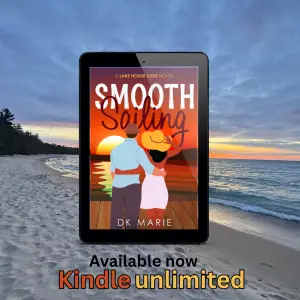I recently had the pleasure of diving into “Choice of Evils” by Morley Swingle, a gripping legal thriller that captivated me from page one. As someone who enjoys courtroom dramas and character-driven stories, this book immediately caught my attention with its unique premise and layered protagonist. I was curious how a former district attorney would fare as a defense lawyer, especially in a high-stakes murder trial involving emotional complexities and moral dilemmas.
The story revolves around Wyatt Blake, who finds himself defending Ryker Brando, a wealthy rock climber accused of murdering his climbing partner by cutting the rope during their ascent. This act not only led to a tragic death but also tangled emotions as the victim was involved in an affair with Ryker’s wife. The author skillfully blends Wyatt’s legal struggles with his personal life as a grieving widower, showcasing his complexity as he wrestles with guilt and the challenges of single fatherhood.
What stood out to me most was the depth of the characters. Swingle crafts Wyatt Blake as not just a lawyer but a relatable human being facing real-life struggles—grief for his deceased wife and the emotional rollercoaster of raising a young daughter. This portrayal added layers to the courtroom drama, making me invested in not just the trial but also Wyatt’s personal journey.
One of the book’s most notable strengths is its authenticity in depicting courtroom proceedings. As noted by readers, Swingle’s background in law shines through, providing a rich and realistic legal atmosphere without bogging the story down with jargon. This perspective kept the pacing engaging and allowed me to appreciate the intricacies of the legal system while remaining immersed in the narrative. I found myself intrigued by the legal concept of the “Choice of Evils” defense, which asks whether one harm can be justified by the avoidance of a greater evil—a compelling moral quandary that the author explored well.
In contrast, I did encounter a few drawbacks. While I appreciated the depth of Wyatt’s character, some secondary characters felt somewhat underdeveloped, leaving me curious about their backstories. One minor point is the dialogue of Wyatt’s six-year-old daughter, Emily, which at times felt unusually mature for her age. Although charming, her ability to articulate complex thoughts detracted from the authenticity of her character as a kindergartener.
On a positive note, the book delivers a satisfying blend of humor and tension, achieving a balance that keeps the reader engaged. I resonated with Bugycleaner’s review, which emphasized the excitement and emotional nuance that made the narrative captivating. Likewise, Daniel J. Godar rightly mentions Swingle’s adeptness at weaving an engaging story that doesn’t skip over the essential details of how the justice system operates.
The conclusion wraps up the story nicely, with unexpected twists that kept me guessing. As I put the book down, I felt that the emotional stakes were respected throughout the drama, leaving me with an intriguing aftertaste of thought about morality and justice.
In summary, “Choice of Evils” is a compelling legal thriller that masterfully blends emotional depth with courtroom drama. Although it has a few minor flaws, the captivating narrative, relatable characters, and thought-provoking themes make it a worthy read. I would highly recommend it to anyone who enjoys the genre or simply loves a well-crafted story. Morley Swingle has certainly earned a spot on my list of authors to follow, and I eagerly anticipate the next installment featuring Wyatt Blake. If you’re in the mood for something thrilling yet reflective, “Choice of Evils” is an excellent choice that won’t disappoint.








